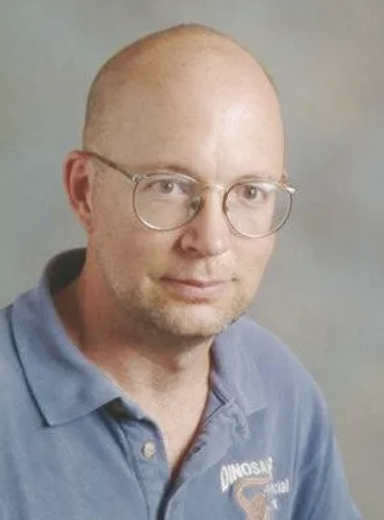
We in West Michigan are blessed by the presence of two noted institutions of Higher Education: Hope College here in Holland, and Calvin University in Grand Rapids.
As iron sharpens iron, these two institutions have brought out the best in each other over the decades. A former Hope president (VanderWerf) said the definition of an atheist is someone who doesn’t care who wins a Hope — Calvin basketball game.
Indeed, the U.S. News & World Report recently recognized again the excellence of these two institutions. Their 2025 College Ranking edition puts Hope College as 31st in the nation among ALL colleges and universities in Undergraduate Research and the 23rd most innovative National Liberal Arts College.
Calvin University was ranked among Regional Universities in the Midwest as the very best (No. 1) university for undergraduate teaching and as the second most innovative.
Impressive indeed.
But, as I tell my students, numbers, scores and rankings aren’t as important as qualities that can’t be quantified.
And I discovered a testament to such recently on the Calvin University campus. Outside of the Science Building, stands a pedestal with a plaque on which is inscribed a poem, “Ode to the Hydrogen Bond” by Thomas Dykstra '57. The very existence of this plaque makes Calvin stand out. The only other university where I have seen an inspired inscription is in the Rockefeller Chapel at the University of Chicago. (See my July 2024 column.) I tell Calvin students that they can be proud to belong to an institution that not only inspired these words, but also puts them front and center for all to see. Here is the poem, “Ode to the Hydrogen Bond” (read it aloud):
Simple in structure, profound in effect // You order our DNA, cause ice to float, give us jello. // Weak alone, strong in crystalline array // You rend mountains, sink ships, split oak. // Echo of your Maker made flesh // Simple in the manger, profound in purpose // Weak on the cross, strong to save.
The author who died in 2022 was an organic chemist (Ph.D., U of Illinois), and served for years as his church choir director. An avid woodworker, he described his life and death as having been hewn and molded by the Master Carpenter, “But, now, finally, I am to be conformed to my Maker. And in such congruence, there is pure, everlasting Joy."
Dykstra’s poem certainly reveals the heart of Calvin University more than any numbers or stats. Enfolded in these simple words are humor, thrill of discovery, mystery, awe, gratefulness, and reverence.
First, note that the poem carries the spirit of John Calvin himself. Calvin wrote in his Institutes, “If we regard the Spirit of God as the sole fountain of truth, we shall neither reject the truth itself, nor despise it wherever it shall appear, unless we wish to dishonor the Spirit of God.”
This quote, and the poem, captures John Calvin’s conviction of the integrity of truth. Truth cannot be separated into distinct domains. The same God who made the hydrogen bond also came to earth and lay in a manger. No reason to separate the study of truth artificially into spiritual and secular. This, of course, is the reason for educational institutions — both K-12 and higher ed — which tie all truth together into one cohesive and coherent world view.
A corollary of this realization is that careers, whether studying chemical bonds or felling trees or even making jello, have dignity. When John Calvin’s contemporary, Martin Luther, was asked by a spiritually converted cobbler how he could serve God, Luther replied, “Make better shoes.”
But the main point of the poem is captured by the surprising turn it takes midway. Plato is famous for his illustration of shadows on the cave wall. As shadows are not the real thing, so also, according to Plato, all we see around us are mere shadows of the true things that exist beyond this life.
However, Dykstra goes a step further. All we see around us is (not a shadow but) an echo of its creator — a creator who Himself came to live among us in the flesh, profound in purpose. A Creator weak on the cross, so as to be strong to save. As such, the awe-inspiring echoes — the mysteries of our natural world — deserve zealous study, even as these mysteries point to their Source. And the Source, giver and redeemer of life, is worthy of reverence and gratitude.
— Community Columnist Tim Pennings is a resident of Holland and can be contacted at timothy.pennings@gmail.com. Previous columns can be found at timothypennings.blogspot.com.



